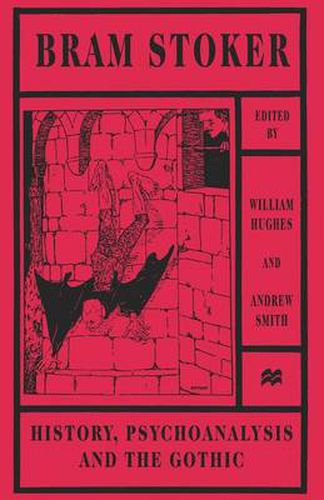Readings Newsletter
Become a Readings Member to make your shopping experience even easier.
Sign in or sign up for free!
You’re not far away from qualifying for FREE standard shipping within Australia
You’ve qualified for FREE standard shipping within Australia
The cart is loading…






This title is printed to order. This book may have been self-published. If so, we cannot guarantee the quality of the content. In the main most books will have gone through the editing process however some may not. We therefore suggest that you be aware of this before ordering this book. If in doubt check either the author or publisher’s details as we are unable to accept any returns unless they are faulty. Please contact us if you have any questions.
Stoker is best remembered today as the author of Dracula . However, as the twelve essays in this volume demonstrate, Stoker’s work blends the Gothic with the discourses of politics, sexuality, medicine and national identity to produce texts that may be read by a variety of critical methodologies. Following an Introduction that analyses how Stoker’s writings have been critically received in the twentieth century, the book addresses not merely Dracula but also the author’s other writings through historicism, psychology and genre.
$9.00 standard shipping within Australia
FREE standard shipping within Australia for orders over $100.00
Express & International shipping calculated at checkout
This title is printed to order. This book may have been self-published. If so, we cannot guarantee the quality of the content. In the main most books will have gone through the editing process however some may not. We therefore suggest that you be aware of this before ordering this book. If in doubt check either the author or publisher’s details as we are unable to accept any returns unless they are faulty. Please contact us if you have any questions.
Stoker is best remembered today as the author of Dracula . However, as the twelve essays in this volume demonstrate, Stoker’s work blends the Gothic with the discourses of politics, sexuality, medicine and national identity to produce texts that may be read by a variety of critical methodologies. Following an Introduction that analyses how Stoker’s writings have been critically received in the twentieth century, the book addresses not merely Dracula but also the author’s other writings through historicism, psychology and genre.